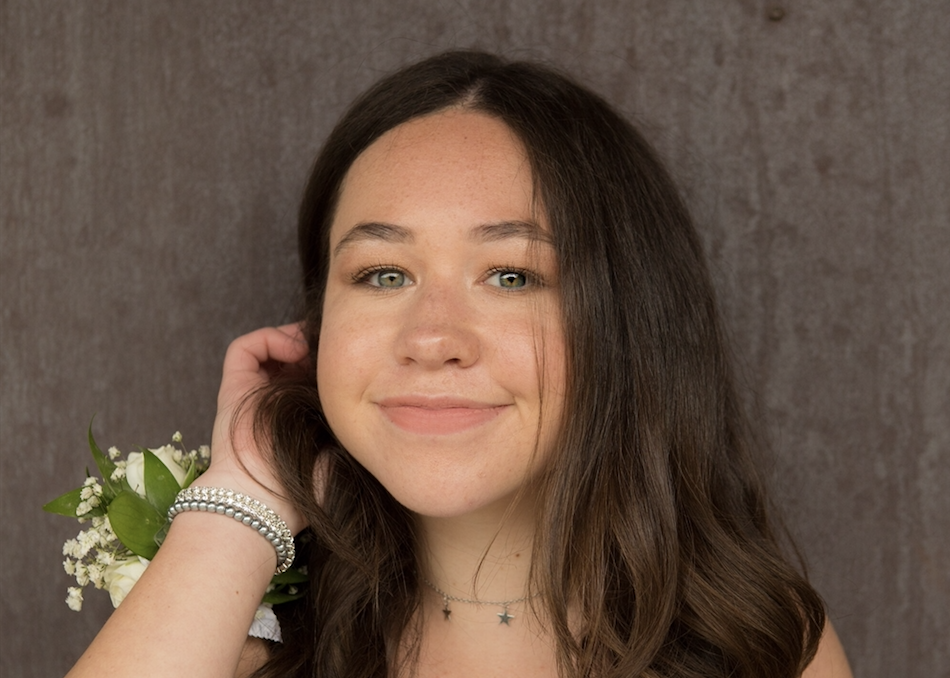Welcome to our new section, Thrive on Campus, devoted to covering the urgent issue of mental health among college and university students from all angles. If you are a college student, we invite you to apply to be an Editor-at-Large, or to simply contribute (please tag your pieces ThriveOnCampus.) We welcome faculty, clinicians and graduates to contribute as well. Read more here.
I have moments when it feels like the world stops spinning. Sometimes they’re wonderful, like when I grab my best friends’ hands as we scream/sing to Miley Cyrus on the way back from Redfish Lake. Or when I’m finally able to take my 30-pound backpack off after days of clambering around the Washington Coast. Or as my skis carve down Bald Mountain, poles firmly grasped under my arms as the trees next to me fly by.
But sometimes they’re scary, like when my eyes brimmed with tears as my parents lugged me around the country for doctors’ appointments. I may have only been 6 years old, but I still knew a few things. I knew that doctors were people who handed out lollipops, wore scary masks, and helped sick people. However, I also knew that I didn’t feel sick. I was confused: If there was nothing wrong with me, why did we have to travel thousands of miles to the “leading pediatric endocrinologists”?
You see, I’m short. Super short: 4’10”, 147.319cm, 1.47319m, and if I stand on my toes, I can make it to 152cm! But, who’s counting? Imagine you’re sitting around a restaurant table with your friends at age 16. The waitress smiles as she hands out menus and, reaching you, she pats you on the head and says, “Here you go, sweetie,” while handing you a pack of crayons and a kids’ menu. There were no shortages of moments like this in my life: moments of humiliation. So I stood on my toes all the time (my calf muscles got super strong, which was a plus). There’s nothing worse than being different when all you want to do is look and act like your friends. This was how I lived, in a constant state of hyper self-awareness and a literal sense of smallness.
However, something changed last spring after spending two nights alone on a “desert solo.” My school had given me specific instructions: Bring Desert Solitaire by Edward Abbey, a tent, some food and a sleeping bag. Then sit and ponder, reflect and absorb the natural beauty of the surroundings. The silence was deafening; I cried myself to sleep the first night due to loneliness. I woke up the next morning to the sound of crickets. Groggily, I rolled out of my sleeping bag and embraced the day, taking in the utter beauty of the expansive landscape. I was emboldened to take advantage of this unique experience. I did what I had been instructed to do: I reflected. I realized that, when I was alone, I did not stand on my toes. And once again, the world stopped spinning. I did not care what I looked like next to the towering rock walls. I realized I had spent years building up my friends’ confidence when they felt down. Encouraging and supporting them, telling them they are beautiful the way they are, all the while ignoring my own advice.
I have since stopped caring when people condescendingly ask me how old I am. Instead of straining my calf muscles and standing around awkwardly at crowded football games and concerts, I proudly climb onto my best friend’s shoulders.
Although my shortness doesn’t define who I am, it’s quickened my process of self-realization, and it’s given me perspectives that most people will never gain. I can see the big picture in front of me, but I’m also capable of following the small details of life below the belly button. I have accepted that certain aspects of my life are completely out of my control; however, I have found that embracing these challenges has taught me how to define my own stature. With a discerning eye and perspective, I am as tall as I choose to be.
Subscribe here for all the latest news on how you can keep Thriving.
More on Mental Health on Campus:
What Campus Mental Health Centers Are Doing to Keep Up With Student Need
If You’re a Student Who’s Struggling With Mental Health, These 7 Tips Will Help
The Hidden Stress of RAs in the Student Mental Health Crisis


